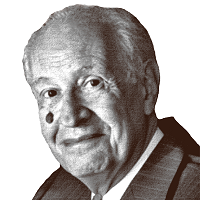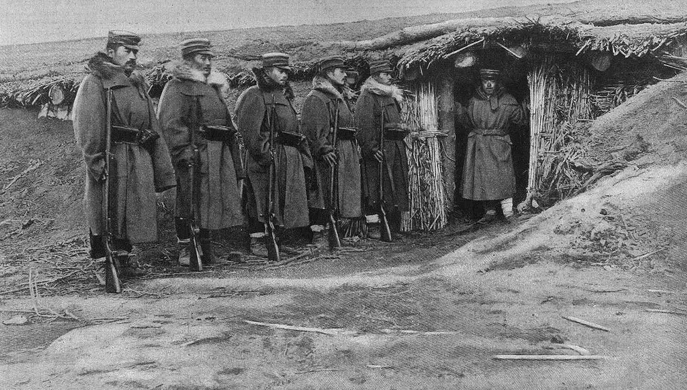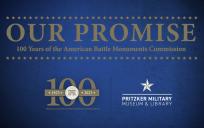
Record date:
Implications of the Fall of the Japanese Empire program transcript.pdf
Implications of the Fall of the Japanese Empire with Dr. Allan Millet and Gerhard Weinberg
Pritzker Literature Award Winners Allan Millet (2008) and Gerhard Weinberg (2009) discuss the fall of the Japanese empire following WWII in this session from the 2017 ON WAR Military Symposium.
In this session from the 2017 ON WAR Military Symposium, Dr. Allan Millet and Gerhard Weinberg will explore the implications of the fall of the Japanese empire. Japan’s growing militarism and expansionist imperialistic ambitions in the years 1853 – 1942. In order to become an industrialized Great Power, Japan needed to acquire natural resources it lacked that were key to industrialization, like iron and coal).With the allies occupied with Germany in Europe, Japan saw an opportunity expand its empire in Asia and was annexing territory throughout southeast Asia In the second world war after Germany surrendered in May of 1945, Allied attention focused on its war with Japan. Six days after the bombing of Nagasaki, and after much internal struggle, Japan surrendered on August 15, 1945. Thus began 7 years of U.S. Military occupation of Japan. During its occupation, the U.S. military under General Douglas MacArthur enacted numerous military, political, economic and social reforms. Aiding Japan into a democracy was a counter to the other countries trying to take Japan’s place and the rise of nationalist movements in the region. Here to discuss this topic are doctors Allan Millett and Gerhard Weinberg.
DR. ALLAN MILLET is a retired colonel in the Marine Corps Reserve, is an acclaimed military historian, award-winning author, and internationally recognized authority on The Korean War and the United States Marine Corps. He is the Ambrose Professor of History and Director of the Eisenhower Center for American Studies at the University of New Orleans, and is the Raymond E. Mason Jr. Professor Emeritus of History at the Ohio State University. Dr. Millet has earned numerous awards for his writings and his teaching, including the 2008 Pritzker Literature Award, and the Samuel Eliot Morison Prize from The Society for Military History, which also named its doctoral research fellowship in his honor.
DR. GERHARD WEINBERG is Professor Emeritus of History at the University of North Carolina, Chapel Hill, where he has served on the faculty since 1974. A German expatriate and veteran of the U.S. Army during the post-WWII occupation of Japan, Dr. Weinberg is an internationally recognized authority on the origins and course of World War II, earning the 2009 Pritzker Literature Award for his writings on the subject. Among his most notable works are A World at Arms: A Global History of World War II, Visions of Victory: The Hopes of Eight World War II Leaders, and Germany, Hitler, and World War II. Body text here.










